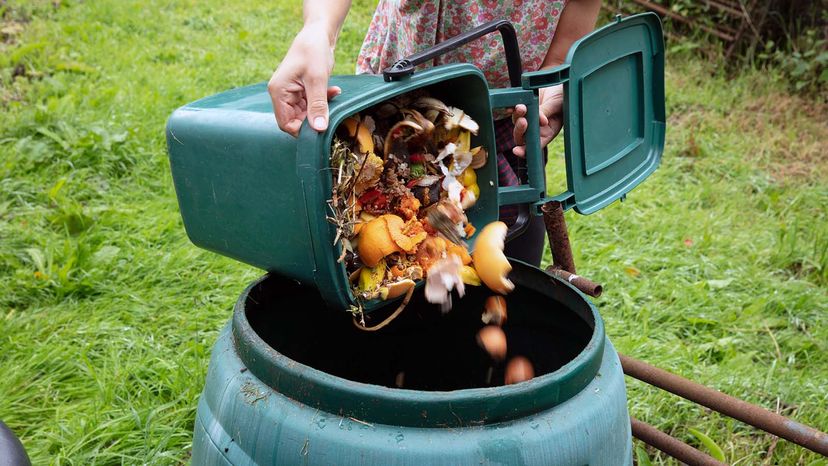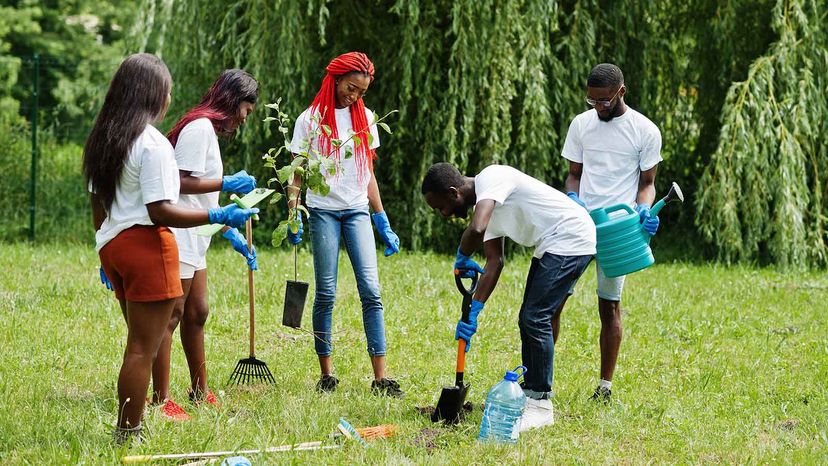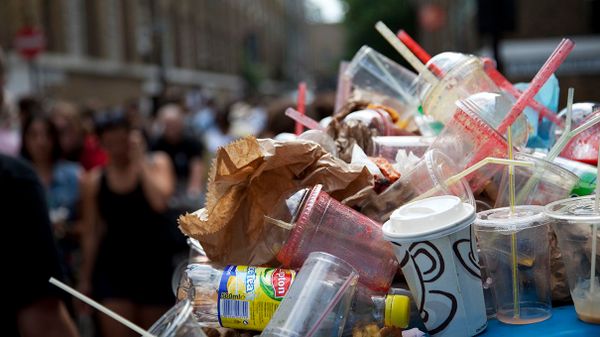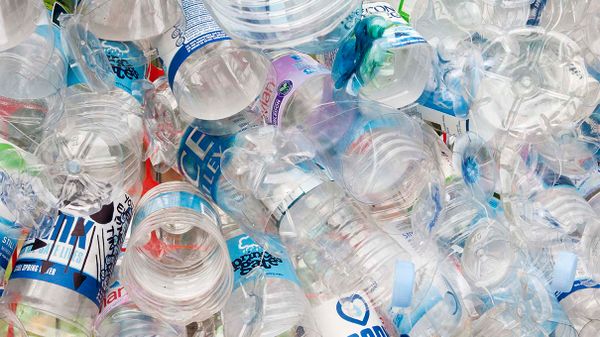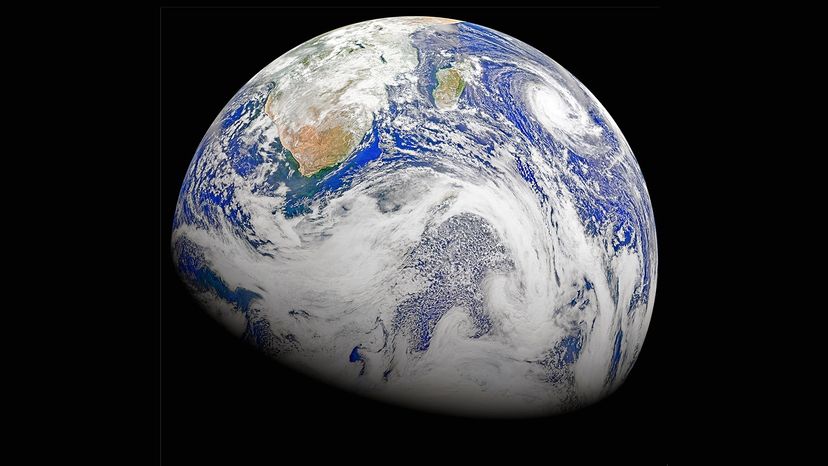
The United Nations suggests that climate change is not just the defining issue of our time, but we are also at a defining moment in history. Weather patterns are changing and will threaten food production, and sea levels are rising and could cause catastrophic flooding across the globe. Countries must make drastic actions to avoid a future with irreversible damage to major ecosystems and planetary climate.
But what about individuals? What can we do to pitch in and help save Earth? There are plenty of things you can do every day to help reduce greenhouse gases and your carbon footprint to make a less harmful impact on the environment.
Advertisement
Taking care of Earth is not just a responsibility; it's a necessity. In that spirit, HowStuffWorks has come up with 10 things you can do now to help save the planet.

